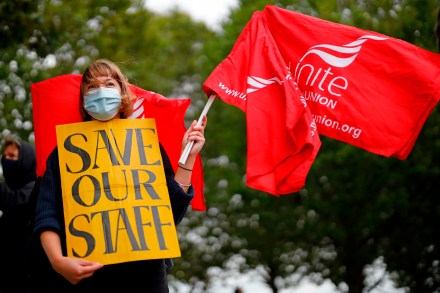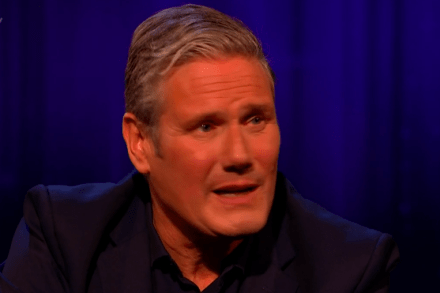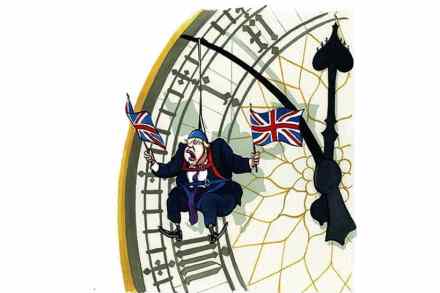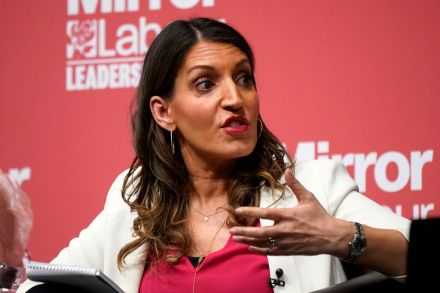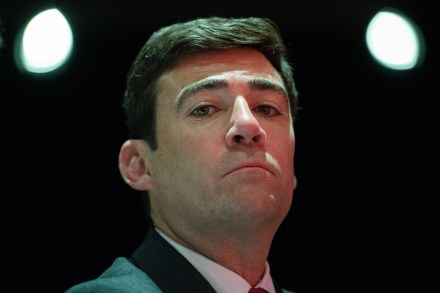Why the Unite election matters
Next Thursday, the voters of Batley and Spen will go to their polling stations ostensibly to pick their next MP — but at the same time, could decide the ultimate fate of Keir Starmer. If Labour lose the by-election, his leadership will face a whole new level of trouble. Yet despite the importance of this contest, there is another one that is about to properly kick-off that is even more key to Labour’s future — the race to become the next general secretary of Unite. The current general secretary of the largest trade union in Great Britain, Len McCluskey, is rightfully infamous. During his reign, he has tried to pull Labour
